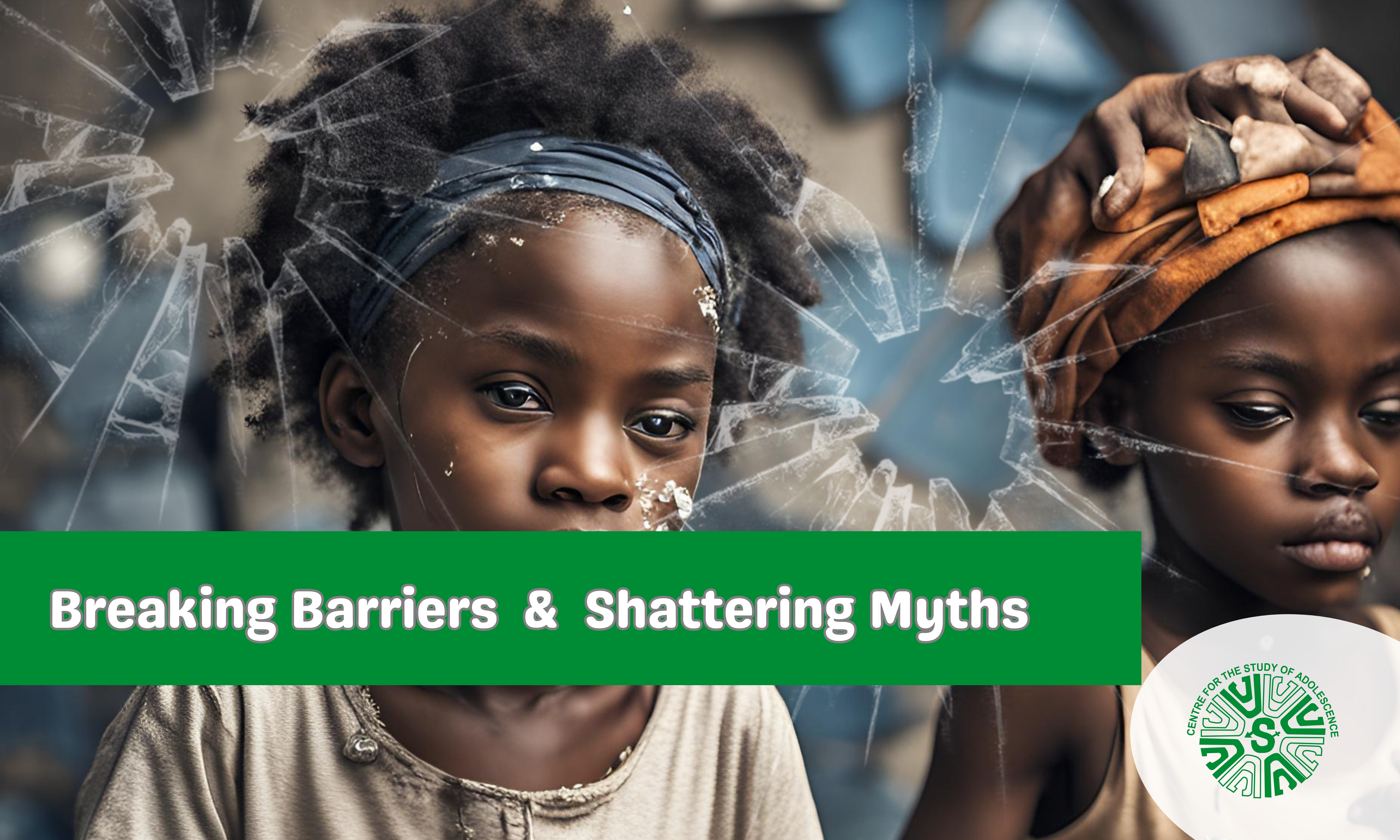Menstrual Hygiene Day 2024: Breaking Barriers and Shattering Myths
Introduction
Menstrual Hygiene Day, observed on May 28th, is a global initiative aimed at raising awareness and changing negative social norms surrounding menstrual health. This year, the theme revolves around education, empowerment, and the eradication of myths and misconceptions. In many parts of the world, including Kenya, menstrual hygiene management remains a significant challenge. This is due to cultural taboos, lack of information, and inadequate access to sanitary products.
Understanding Menstrual Hygiene: A Global Perspective
Globally, millions of women and girls face barriers to effective menstrual hygiene management. According to UNICEF, at least 500 million women and girls lack adequate facilities for menstrual hygiene management. This statistic highlights a critical public health issue that impacts education, health, and economic outcomes. The lack of facilities is often exacerbated in low-income regions where infrastructure is poor and resources are limited.
Kenya: Progress and Challenges
In Kenya, the challenges are multifaceted. Cultural taboos and myths often lead to stigma and discrimination, which can prevent girls from attending school during their menstrual periods. A 2021 report by the Ministry of Education in Kenya revealed that one in ten girls misses school due to menstruation-related issues, leading to an estimated 3.5 million lost learning days annually. This absenteeism not only affects academic performance but also contributes to higher dropout rates.
Common Myths and Misconceptions
- Myth: Menstruation is a disease.
- Fact: Menstruation is a natural biological process. Educating communities about the physiology of menstruation is crucial to dispelling this harmful myth.
- Myth: Menstrual blood is impure.
- Fact: Menstrual blood is impure. It is the same blood that circulates through the rest of the body. This misconception often leads to discriminatory practices.
- Myth: Girls should not attend school or participate in activities during menstruation.
- Fact: With proper hygiene products and facilities, girls can continue their education and activities without interruption.
Educational Initiatives and Success Stories
- Kenya’s Free Sanitary Towels Initiative:
- In 2017, the Kenyan government launched a program to provide free sanitary pads to schoolgirls. This initiative has significantly reduced school absenteeism among girls and has empowered them to manage their periods with dignity. According to a 2018 evaluation by the Ministry of Education, there was a 25% decrease in absenteeism among girls who received the free pads.
- Raising Awareness through Community Engagement:
- Organizations like Zana Africa and Femme International are working at the grassroots level to provide education on menstrual health and distribute reusable sanitary products. These programs also involve boys and men, fostering a more supportive and inclusive environment. ZanaAfrica has reached over 50,000 girls with menstrual health education and supplies, significantly improving their school attendance and performance.
- Global Movements:
- The global movement towards menstrual equity is gaining momentum. For instance, Scotland became the first country in the world to provide free period products to anyone who needs them. This landmark legislation serves as an inspiration for other countries to prioritize menstrual health. Additionally, India’s “Menstrual Hygiene Scheme” has distributed free sanitary pads to millions of girls in rural areas, significantly improving menstrual hygiene and reducing school dropouts.
The Role of Education
Education is a powerful tool in breaking the cycle of menstrual stigma. Comprehensive menstrual health education should be integrated into school curriculums to ensure that both boys and girls understand menstruation as a natural process. This knowledge can foster a supportive environment and reduce the shame and embarrassment often associated with periods. For example, in Rwanda, the “School WASH” program includes menstrual hygiene education, which has led to a more informed and supportive school environment.
The African Context
In many African countries, menstruation is surrounded by silence and stigma. A study by WaterAid and UNICEF found that only 50% of girls in Ethiopia had access to sanitary pads, and many resorted to using unhygienic materials. However, change is on the horizon. Initiatives like the African Coalition for Menstrual Health Management are working across the continent to improve menstrual hygiene practices and advocate for policy changes. The “Girls’ Hygiene Movement” has successfully lobbied to include menstrual health in the national health education curriculum in Ghana.
Looking Forward: A Call to Action
Menstrual Hygiene Day 2024 calls upon governments, NGOs, communities, and individuals to take actionable steps toward improving menstrual health management:
- Policy Implementation: Governments should create and enforce policies that ensure access to affordable menstrual hygiene products and education. In South Africa, the government has committed to providing free sanitary pads to disadvantaged schools, a policy expected to benefit millions of girls.
- Community Engagement: Engage communities in open discussions about menstruation to normalize the conversation and break down taboos. In Uganda, the “Reach a Hand” initiative uses community radio to educate and engage people about menstrual health.
- Support and Resources: Increase funding for programs that provide menstrual hygiene education and supplies, especially in underserved areas. Organizations like “Days for Girls” are leading the way by providing sustainable menstrual products and education to girls in over 140 countries.
Conclusion
Menstrual Hygiene Day 2024 is not just a day of awareness but a catalyst for change. By dispelling myths, providing education, and ensuring access to sanitary products, we can empower women and girls to manage their menstruation with dignity. Together, we can create a world where menstruation is no longer a barrier to education, health, and equality.
Let’s make menstrual health a priority—because no girl or woman should have to choose between her health and her future.


